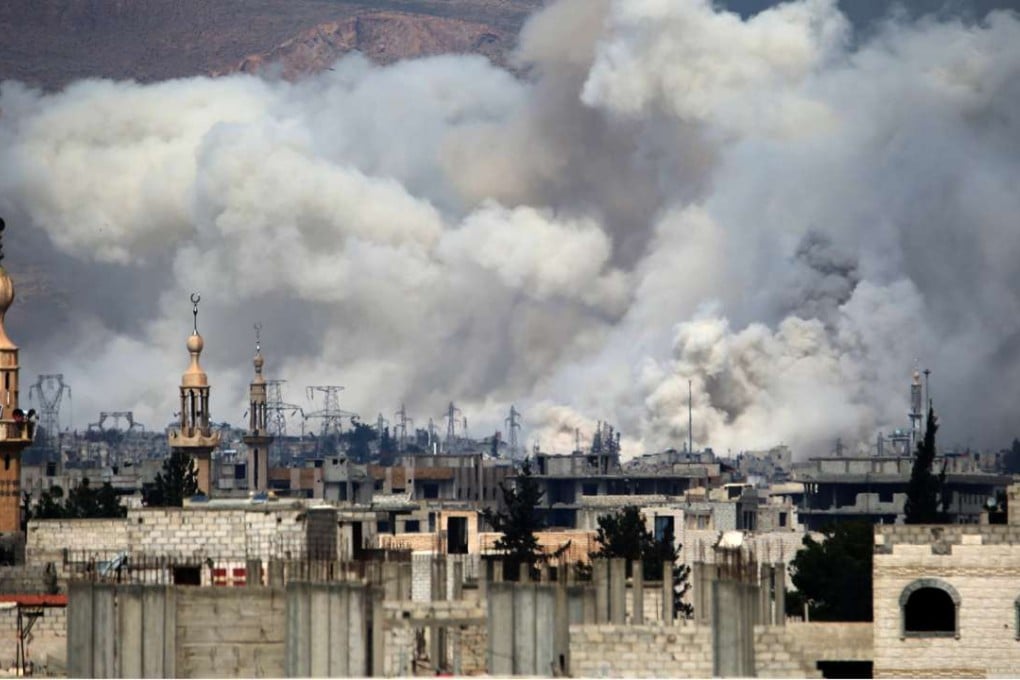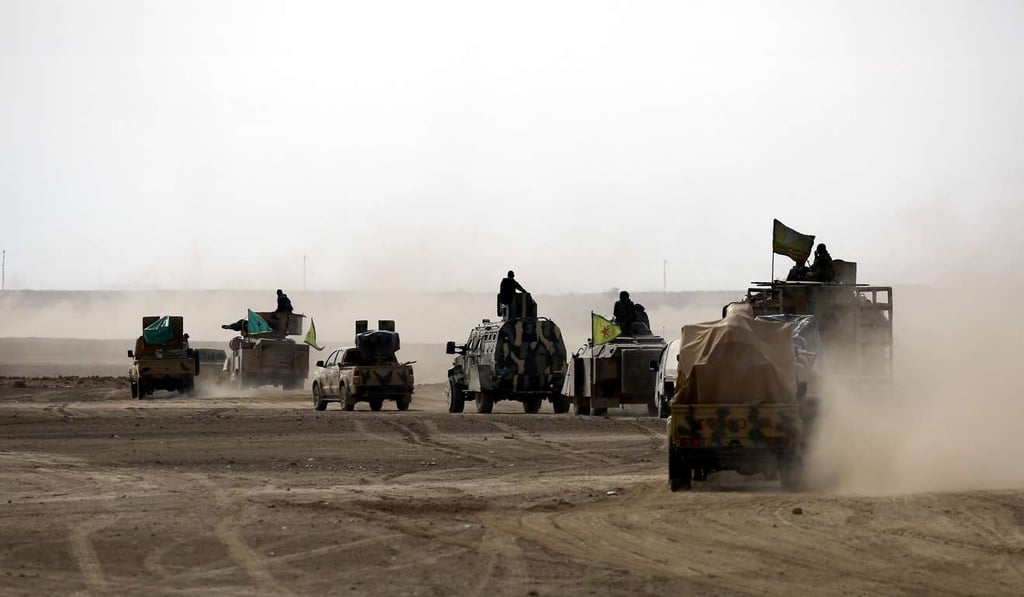China’s role in Syria’s endless civil war
Beijing has shied away from playing a direct part in the bloody conflict, but it has joined Moscow in resisting Western efforts to sanction Damascus

Beijing’s position on Syria has not been entirely clear since the country’s civil war broke out six years ago. But it has teamed up with Moscow since then to veto any UN proposals sponsored by the West to sanction the government of Syrian President Bashar al-Assad.
Unlike Russia, which has directly intervened in Syria by launching air strikes, Beijing has tried to keep a safe distance from the conflict. It has insisted that the fate of Assad’s government be decided by the Syrian people, and opposed any interference by foreign powers.

How many times has Beijing vetoed UN Security Council resolutions over Syria?
In February, Beijing backed Russia by casting its sixth veto to protect Assad’s government from Security Council action, blocking a bid by Western powers to impose sanctions over accusations of a chemical weapons attack. It was the seventh time Russia has used its veto power to block Western-sponsored sanctions on Syria since the start of the civil war, which has resulted in tens of thousands of deaths and left many more homeless.